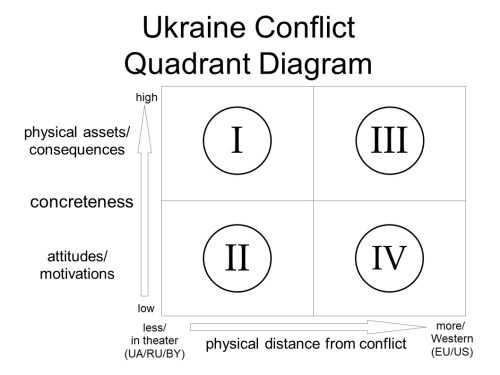I read this book this week and found a good book review in “City Journal,” titled “Three Blind Mice.” Atlas began as an academic neuroradiologist and then transitioned to a 15 year career as a health policy researcher. I did something similar when I was forced to retire at age 55 with an old back injury. I spent a year at Dartmouth learning methodology and biostatistics. I don’t know enough about Atlas’ story to know if he did something similar. Quite a few academic physicians have done similar transitions, especially as they get older.
In Atlas’ case, once he was recognized by the Media, he was immediately denigrated as “a radiologist.” He was also labelled as “not an epidemiologist.” It did not matter that none of the other three MDs on the Task Force was an epidemiologist, either. Atlas was in contact with many epidemiologists who were feeding him data and statistics.
He found the “Three Blind Mice” of Birx, Fauci and Redfield were uninterested in data or the scientific publications he kept bringing to the meetings. Eventually, he gave up going to the meetings. He found Trump receptive and he agreed with Atlas’ program of protecting the high risk population, especially nursing home residents, plus others with pre-existing conditions, one of which has turned out to be obesity. He blames Trump and his team for being afraid to sack Birx who was the one telling all the Governors to lock down their states. As he says in conclusion, “It didn’t matter. They still lost the election.” They feared a firestorm in the press if she was demoted.
Atlas was in despair as they continued to emphasize testing the asymptomatic and neglect the nursing homes where almost 50% of the deaths occurred. The psychological and economic damage from the lockdowns may last for years. Masks are useless and he quotes many studies to prove it. The one study quoted by Birx all along was based on two beauty parlor employees. That was it.
In the end, he quit after the election although Trump wanted him to stay. He continued to communicate by email. He describes the insane abuse he took from the Media and may spend a little too much time on it in the book. Some professors at Stanford (not the epidemiologists) sent out an email letter attacking him for working with Trump.
He has one section about Florida Governor DeSantis who, he writes, was already familiar with the literature and who implemented most of Atlas’ policies on his own. I remember the Media attacking DeSantis when he set up treatment facilities at a large retirement community, accusing him of treating supporters first. He was following the science they ignored in their identity politics frenzy. Florida could have been as big a disaster as New York with their huge senior population. The fact that DeSantis followed the science and not the Media prevented that outcome.
Other books are beginning to come out now but this one seems authentic by an insider. Here is the book at Amazon. I read the Kindle version. The hardcover came out a few days later.
